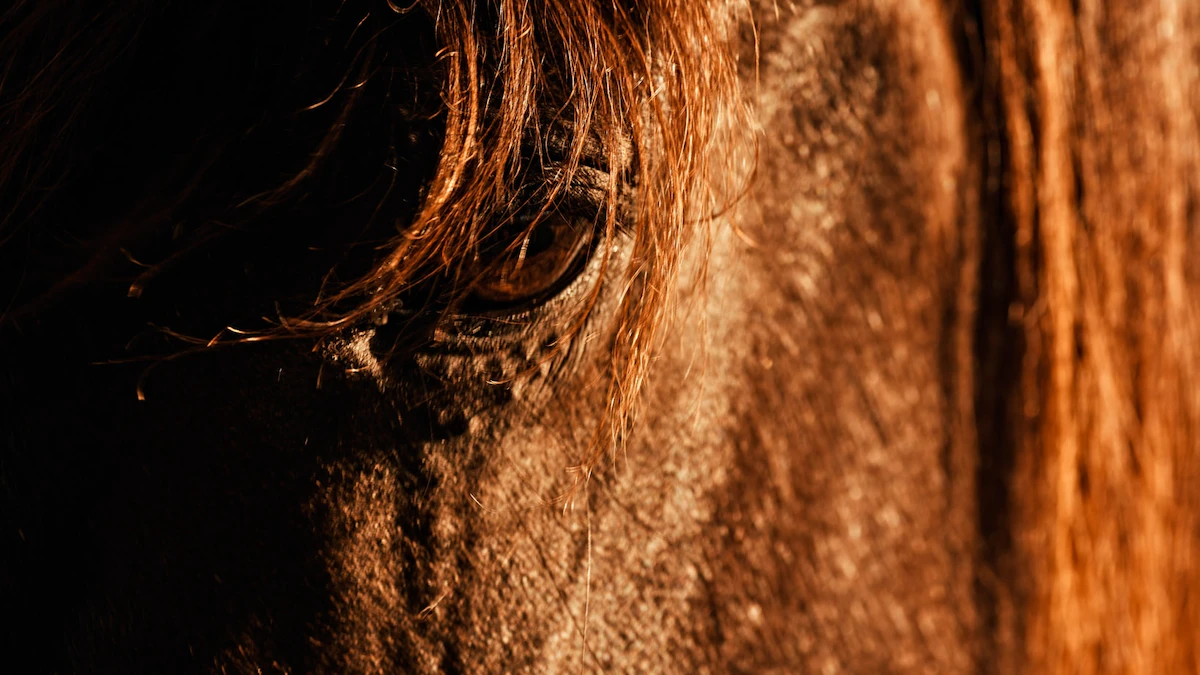Published August 30, 2022
20 min read
Bowie, TexasA black bull charges out the chute, and two riders give chase. The cowboy in front lassos the neck at a full gallop, slowing the bull just enough for rodeo heeler Whitney Monroe to maneuver her buckskin gelding into position and snare one of the bull’s hind legs with her rope, then release it with a snap of her wrist.
Dazzling as the riders are, the trained eyes of would-be buyers watching from the stands this July day are on the horses, tracking their agility, speed, and instinct. On her next turn in the outdoor arena, Monroe, 33, a former rodeo queen who jokes that she was “probably conceived on a horse,” guides her mount between a triangle of barrels. Whipping around the rims and bolting forward with a blend of finesse and raw power, she hopes the show will help fetch a high price when the bidding starts.
Held the first weekend of every month at a sprawling barn complex about an hour’s drive northwest of Dallas, the Bowie Texas Livestock sale has grown into one of the largest auctions of its kind in the United States, drawing a diverse array of American quarter horses and horse people: swaggering ranchers and young rodeo stars, wide-eyed first timers and hawkish traders who buy animals by the dozen. For most in attendance, the event is a vibrant, family-friendly ritual at the nexus of cowboy culture and capitalism.
“What makes this sale so unique is the diversity of the customers,” says Joel White, a veteran auctioneer who’s sold horses in more than 35 states. “Some people come and pay $30,000 or $40,000 for a horse, and we’ll sell lots of them for less than a thousand, so we have it all here.” The management, he adds, “has done a phenomenal job building this sale up from nothing.”
For all the pageantry and fancy catalog horses on offer, the Bowie auction is also a clearinghouse for animals at the bottom rung of the livestock business. Hundreds of horses and donkeys that pass through its gates each month will end up being processed in Mexican slaughterhouses. To animal rights activists, the auction is nothing more than a backdoor to the cruel and seldom-seen underbelly of the international horse trade.
“It’s a pit of despair,” says Tahlia Fischer, 38, director of All Seated In a Barn, a nonprofit in Bakersfield, California, who travels to Bowie each month to rescue horses and donkeys. “These animals are just objects in a system that only cares about profit.”
The auction house was a run-down operation when Michael O’Dwyer—a farmer from Tipperary, Ireland, with five decades of experience working with cattle and horses— bought it in 2015. His family has revived the business with an expanded barn, glossy catalog, and brisk online sales—along with an unexpected boost from the COVID-19 pandemic.
In Texas, horses are classified as livestock, not pets. Because livestock was deemed critical to the food supply in the state, and other states placed more stringent restrictions on public gatherings, the Bowie auction was the only major auction in the country that remained open at the height of the pandemic. With public spaces closed, demand for recreational horses surged. Horses flooded in from as far as Florida and Pennsylvania, and the volume of sales doubled from 250 to more than 600 in a single day, compelling the O’Dwyers to make it a two-day auction.
The pandemic “boosted our horse economy to the highest it’s been in 50 or 60 years,” says David O’Dwyer, the sale manager. “It’s been extremely high.”
Saturdays are for higher-dollar performance animals: ranch horses with a nose for herding cattle, barrel racers raring to set new records, trusty mares for long trail rides or training children. Sundays feature the open sale, where hundreds of horses and donkeys, often in poorer condition, are sold “as-is” in a rapid-fire parade. Many of these animals are picked up for cents on the pound by kill buyers who ship them to Mexico for slaughter. (In the U.S., it’s illegal to sell horses for human consumption but not against the law to eat horse meat.)
Although most revenue at Bowie comes from consignment sales, O’Dwyer says he ships animals to meat processors in Mexico every week. As many as three trailers each transport 30 to 40 horses and donkeys that “are worn out and nobody wants,” he says, adding that it’s more humane to put them down than leave them to neglectful owners. An astute businessman, he manages to accommodate both the seasoned traders who do the bulk of the buying and the rescuers trying to thwart them.
A mare named Moonshine
At noon on Sat

